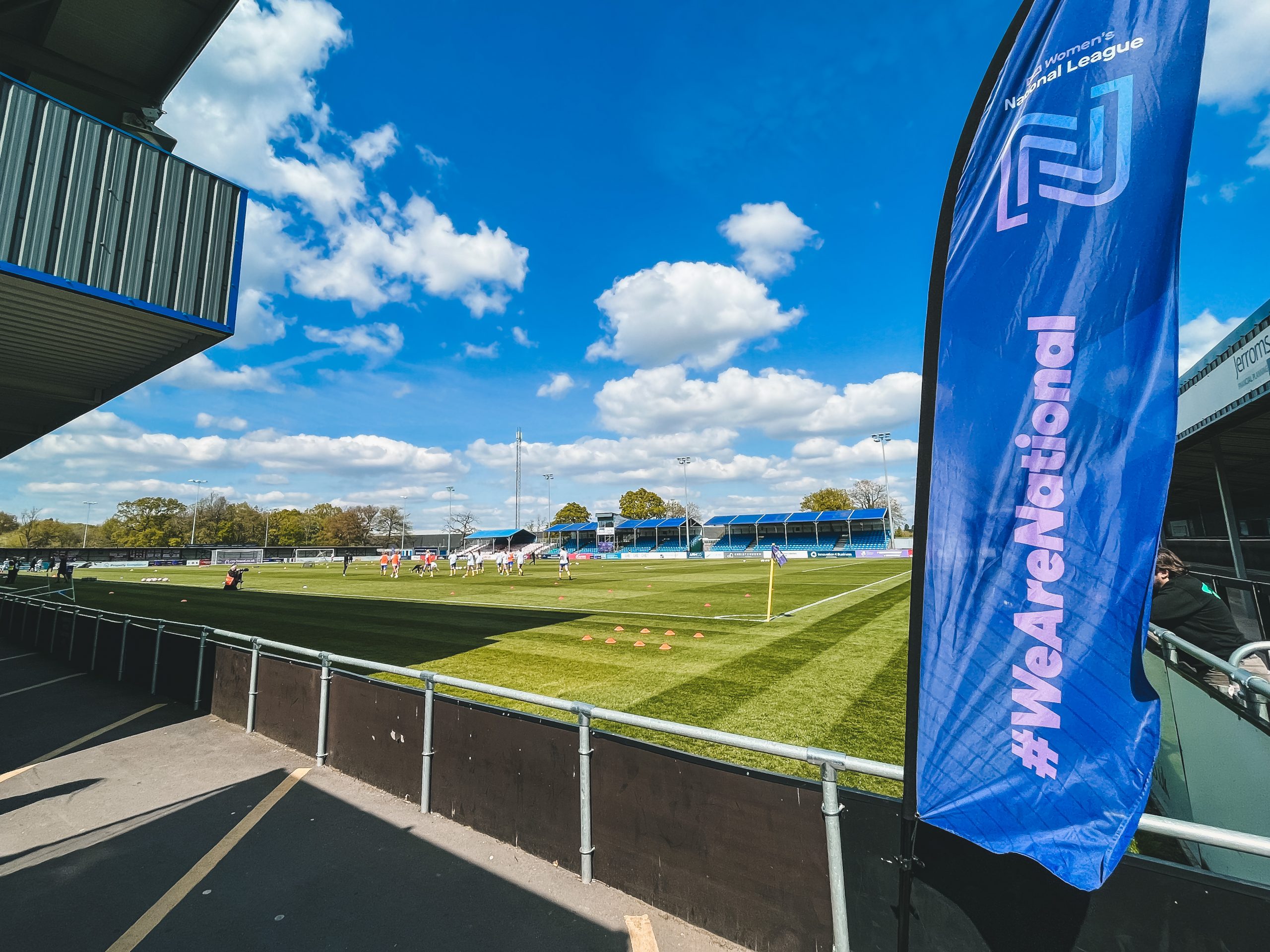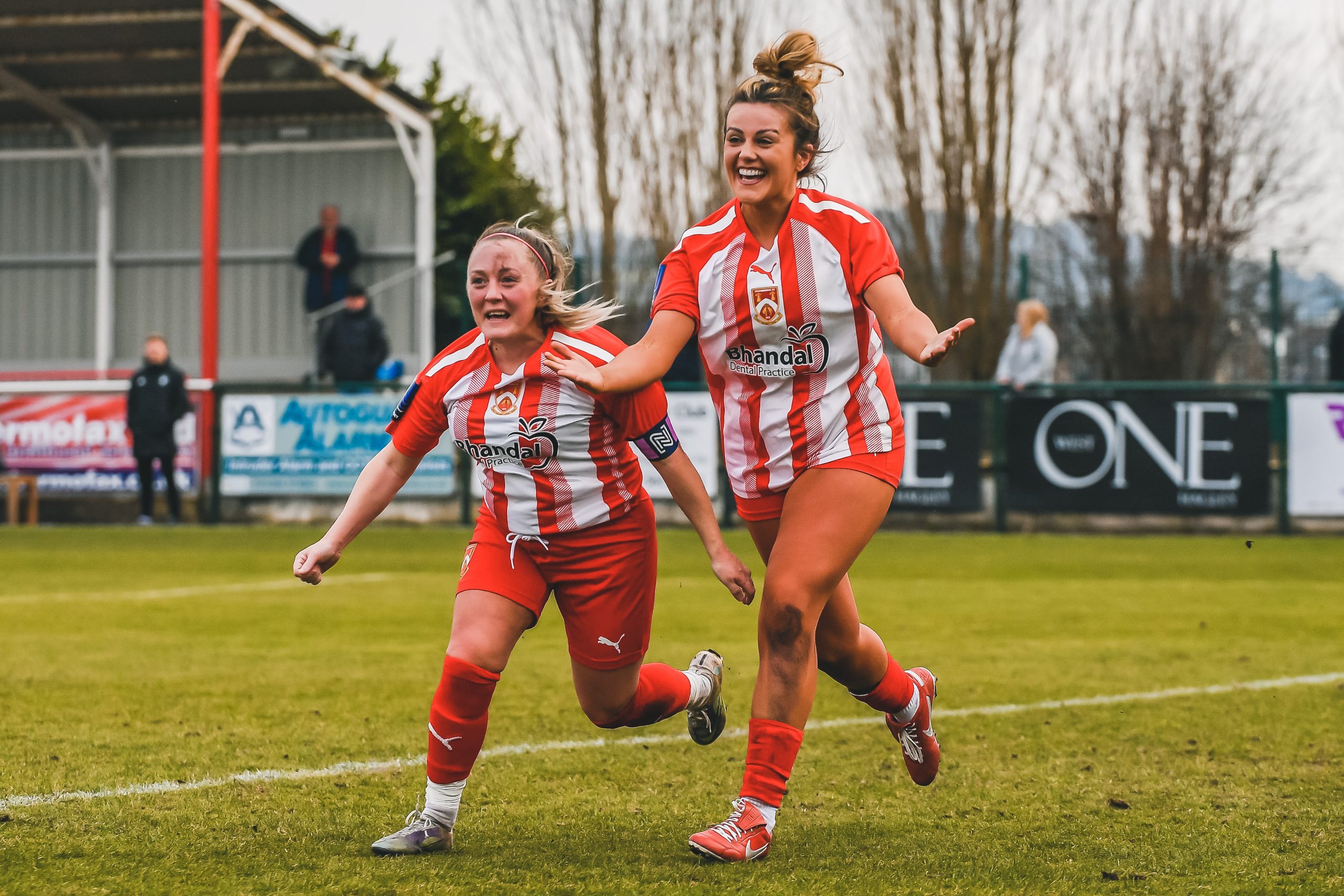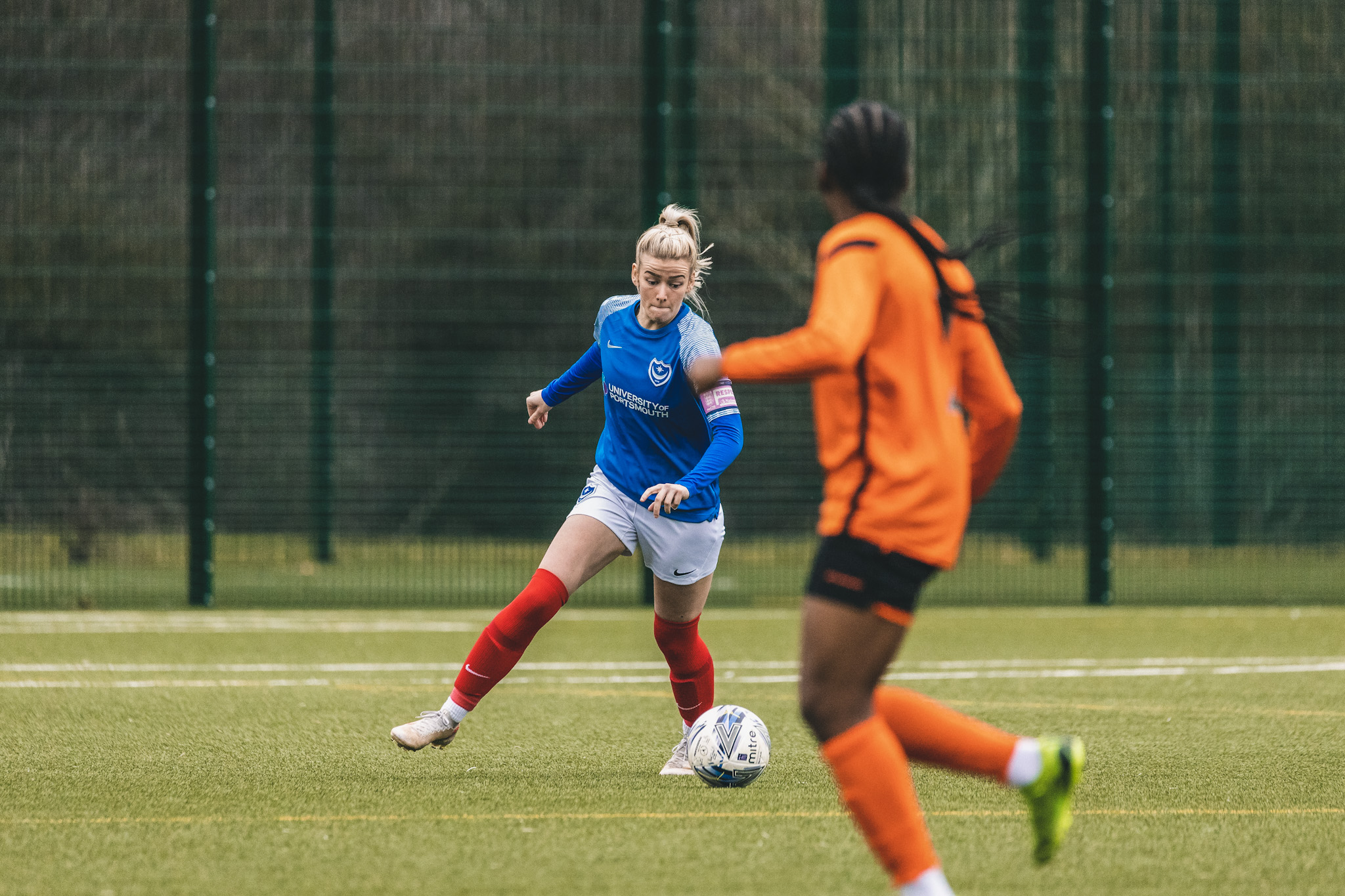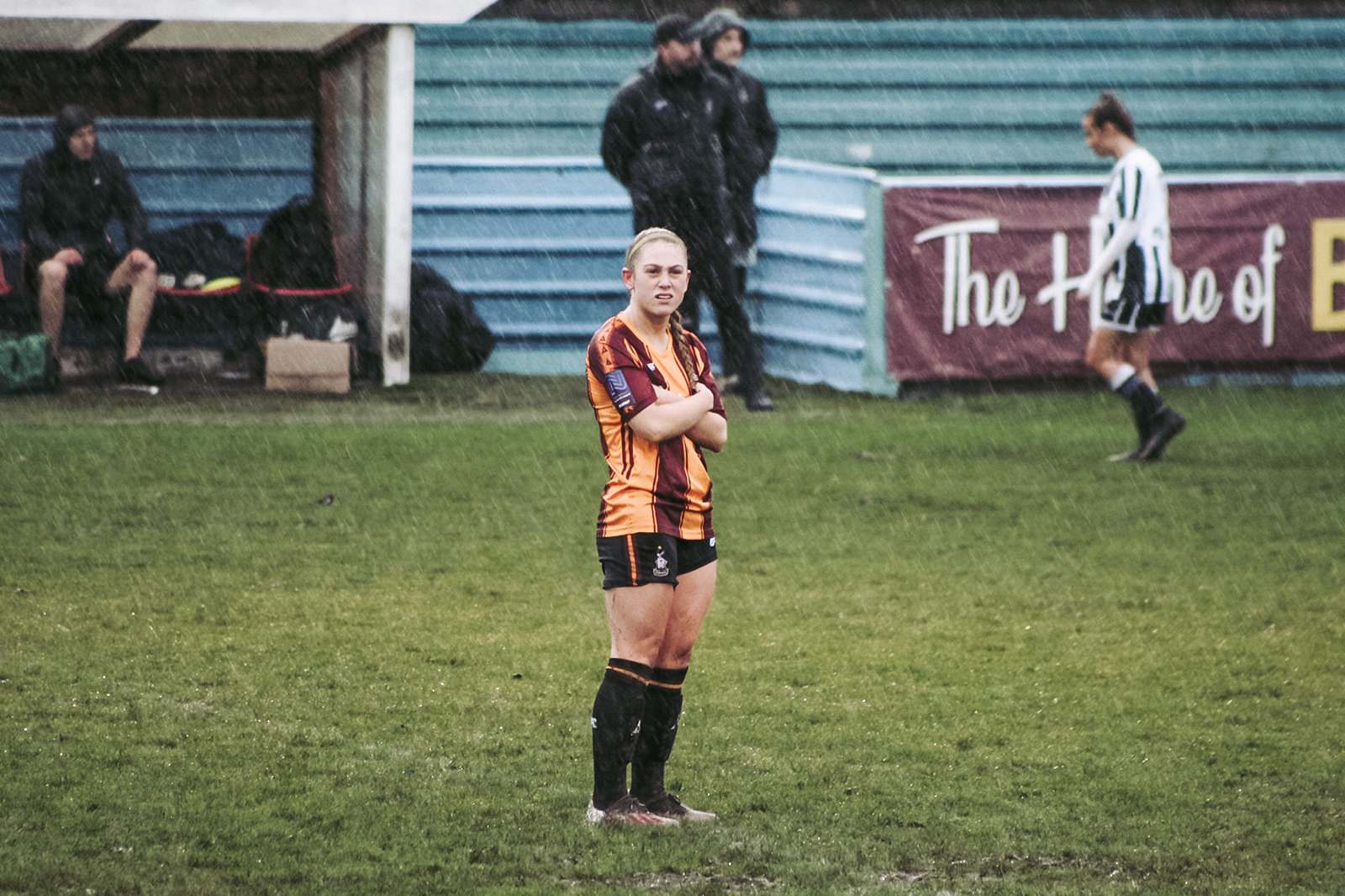It has been a dramatic start to the FA Women’s National League (FAWNL) season. There has been some great football on show, with title favourites setting a marker as they begin their quest for automatic promotion. However, nothing on the pitch can rival the drama that we have seen going on off the pitch.
It all started after England’s Lionesses triumphed 3-1 in the FIFA Women’s World Cup semi-final against co-host Australia. This is when many stakeholders within the FAWNL noticed that the opening weekend of fixtures clashed with the final between England and Spain.
There were loud and fully understandable calls for the opening weekend of the season to be postponed.
I am sure that this could have been achievable but given the short notice and the fact all FAWNL clubs voted to accept starting the 2023/24 season on this date – the third Sunday in August as per previous seasons.
The league relented to pressure and allowed clubs to postpone fixtures if both clubs agreed. Some teams wanted to play as normal, others accepted later kick-offs in order to allow players to watch the match, while others found this unacceptable wanting the whole day dedicated to celebrating the final and refused to play forcing a postponement. It is yet unclear if there will be any repercussions on this but you’ll appreciate why as you read on.
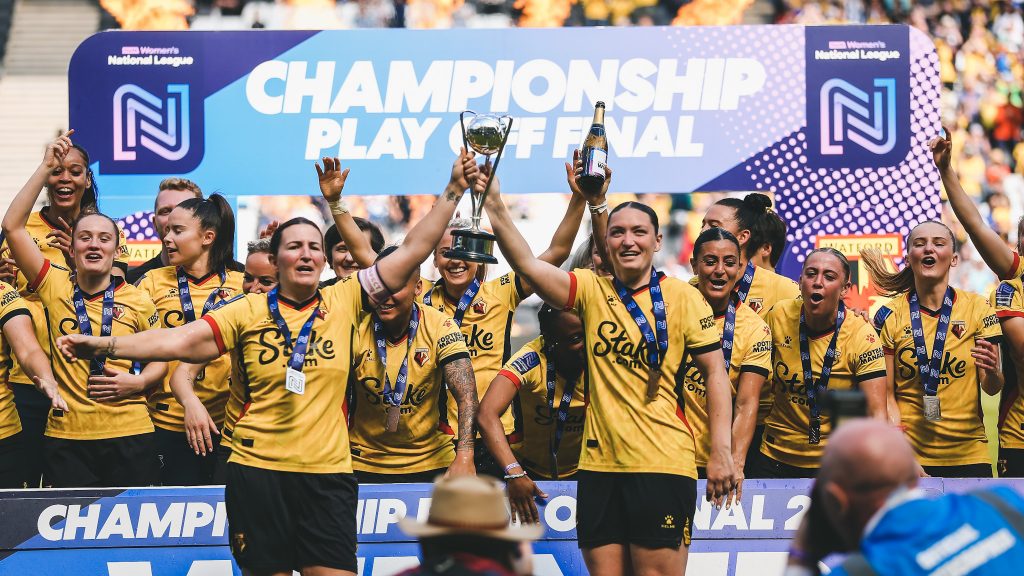
Last week things went from bad to worse when the full FAWNL committee announced its immediate resignation, less than a week into the season. While the full reasons behind this have not been made public it is understood that the situation around the fixture clash was not the reason for the resignation but I’d speculate that it might have been the straw that broke the camel’s back.
In the recent review of the women’s game chaired by Karen Carney, it recommended that the FA relinquish management of the Women’s Super League and Women’s Championship to acutely focus on grassroots clubs and the Women’s National League. The report states, “As the FA decouples its responsibility of running the professional women’s game, it will retain a critical role in stewarding the development of the rest of the women’s football pyramid.”
This recommendation was surely on the minds of the committee who I would imagine are feeling increasingly undermined.

This evening saw the first public announcement of the news from the Football Association (FA) while they sought to clarify the situation. Their statement rightly paid tribute to the amazing work of Carol West (outgoing Chair) and her amazing team.
The FA said, “We recognise the hard work and commitment of everyone involved in helping to create and establish The FA Women’s National League as the successful and competitive league that it is.
“Since 2014, the Management Committee has overseen the operational and administrative roles required to run the six divisions and reserve section that make up the league. This has all been done on a voluntary basis, building the 3rd and 4th tiers of the women’s domestic game during a period of unprecedented growth and interest in women’s football at all levels.
“The increased responsibility undertaken in these roles over recent years is testament to their dutiful care and ambitious approach. We, alongside every club and player they have supported, are very appreciative of their steadfast dedication and service to the league.”
I would like to personally thank the Management Committee for their incredible commitment to The FA Women’s National League over a number of years. In particular, I would like to mention Carol West and Karen Falconer, who have been the driving force behind all of the excellent work the committee has done and have helped to ensure the league is the heartbeat of women’s football.”
Baroness Sue Campbell (Director of Women’s Football)
The statement went on to say, “We are incredibly proud of the growth of women’s football over recent years, however we do also recognise the challenges raised by the Management Committee following their resignation. To help support The FA Women’s National League strategy going forward, we are working to develop and improve the support required for those people who play a crucial role in helping to manage and govern this important area of our game.”
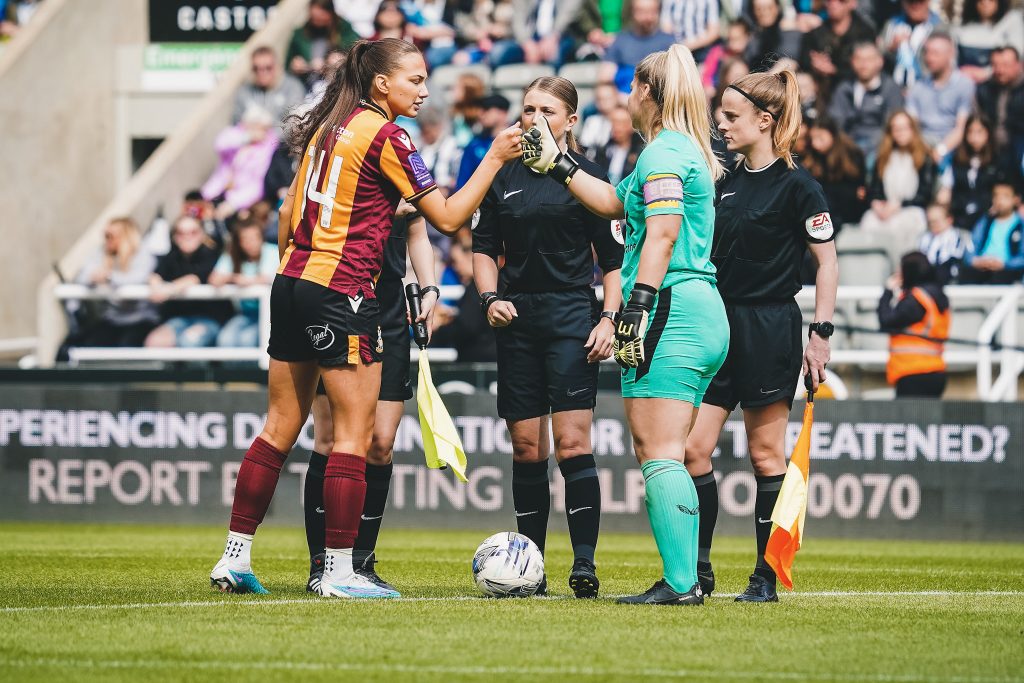
In the short term, the FA have put a team in place to take over the management and running of the FAWNL. It is likely that the fans will not see too much of a difference in the short-term but behind the scenes, there will be a lot of work going on to make for a smooth transition.
The FA were immediately called into action when they announced the Preliminary Draw for the FAWNL Cup and Plate competitions. The latter being a competition that saw Chester le Street Town, Burnley and Chesham United opting out of participating, something that I am not aware of happening in the past.
I am disappointed to see the departure of Carol West, Karen Falconer, Chris Clarke, Andy Stickley, Amanda Cummings, Jane Roberts and Roger Reeves. All of whom have been instrumental in building the FAWNL into what it is today, a hugely competitive set of divisions consisting of some of the brightest and most hard-working talent within domestic women’s football.
From a personal level, I have found the committee welcoming and accommodating to myself and Since 71. This level of respect is something that meant a lot to me and my team of writers, more than they perhaps realise.
I wish them all the best in their next chapters and I hope that their talents are not lost to the women’s game in the future and that we see them all return to roles in the near future. Or at the very least as guests of honour at an upcoming Lionesses match. The women’s football pyramid is held up by first-class volunteers like the outgoing committee members.





